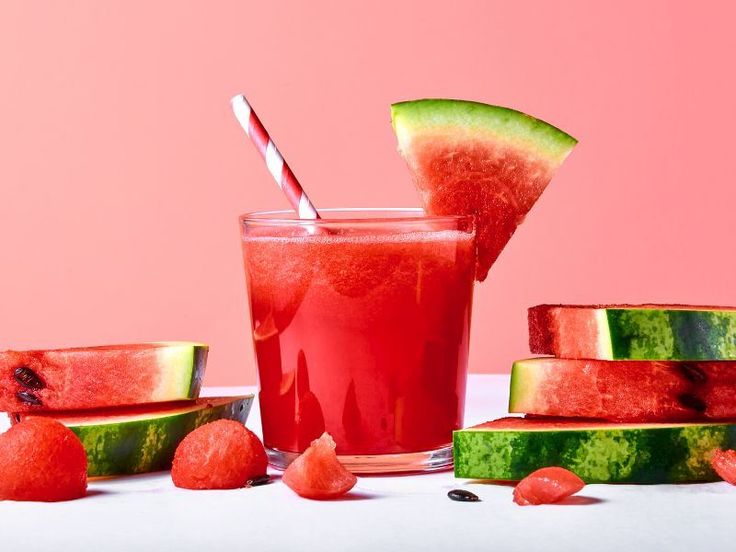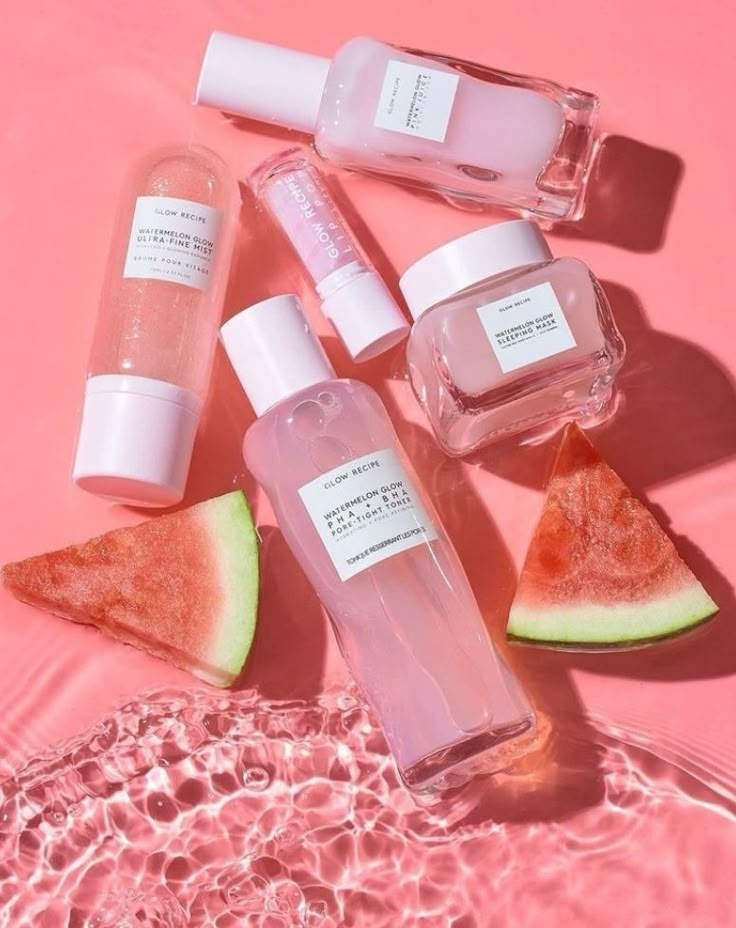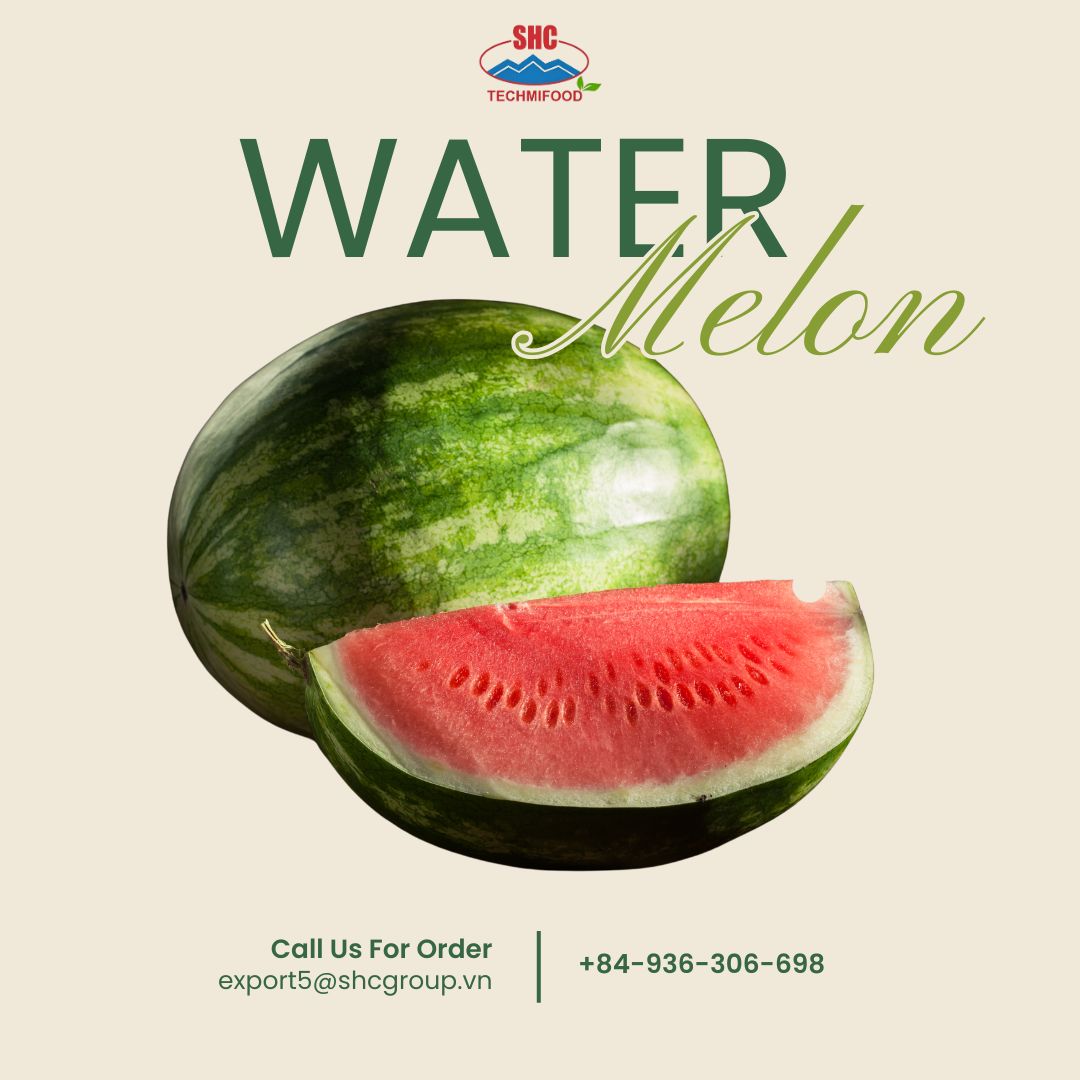Watermelon is more than just a delicious summer fruit—it has a wide range of applications across food, health, skincare, agriculture, and even industry. With its high water content, rich nutritional profile, and diverse by-products, watermelon is a valuable resource in multiple sectors. Let’s explore its many uses.

1. Food and Beverage Applications
Fresh Consumption
Watermelon is a refreshing and hydrating fruit enjoyed worldwide, especially in hot climates. It can be eaten raw, sliced, or blended into various culinary delights.
Juices and Smoothies
Watermelon juice is a popular beverage, either consumed alone or mixed with other fruits to create refreshing smoothies and cocktails. It is also used in alcoholic drinks like watermelon-infused vodka and margaritas.
Salads and Desserts
Watermelon pairs well with other ingredients in fruit salads, sorbets, ice creams, and yogurts. Some cuisines even use it in soups and stir-fries.
Pickles, Candies, and Jams
Watermelon rinds are often pickled and used as a tangy side dish, while the fruit itself is transformed into candies, jellies, and jams.
Cooking and Baking
Creative chefs use watermelon as a natural sweetener in recipes, and dehydrated watermelon slices serve as a healthy snack alternative.

2. Health and Nutritional Benefits
Hydration and Weight Loss
With about 92% water content, watermelon is an excellent hydrating fruit that also aids in weight management due to its low calorie and high fiber content.
Post-Workout Recovery
Watermelon contains citrulline, an amino acid that helps reduce muscle soreness and replenish electrolytes after workouts.
Heart and Blood Pressure Health
Lycopene, an antioxidant in watermelon, supports heart health, while citrulline helps lower blood pressure and improve circulation.
Anti-Inflammatory Properties
The antioxidants and vitamins in watermelon help reduce inflammation and support the immune system.
3. Skincare and Cosmetic Applications
Hydrating Face Masks and Creams
Watermelon extract is used in skincare products to keep the skin hydrated and youthful, thanks to its vitamins and antioxidants.
Sunscreen and Moisturizers
Due to its high water content and natural anti-aging properties, watermelon is a key ingredient in sunscreens and hydrating creams.
Hair Care
Watermelon seed oil is used in shampoos and conditioners to nourish and strengthen hair.

4. Medicinal and Pharmaceutical Uses
Diuretic and Detox Benefits
Watermelon acts as a natural diuretic, helping to flush out toxins and support kidney health.
Blood Flow and Circulation
Citrulline in watermelon is believed to improve circulation and may have aphrodisiac effects.
Antioxidant and Anti-Cancer Properties
Lycopene in watermelon is linked to reduced risks of certain cancers by fighting free radicals in the body.
5. Agricultural and Animal Feed Uses
Livestock Feed
Watermelon rinds and scraps are often used as feed for cattle, pigs, and other livestock.
Composting and Organic Farming
Watermelon waste is an excellent compost material, enriching the soil with nutrients.
6. Industrial and Environmental Applications
Biodegradable Packaging
Researchers are exploring ways to use watermelon waste in producing biodegradable packaging materials.
Biofuel Production
Watermelon can be processed to create ethanol and biogas, contributing to renewable energy efforts.
Textile and Natural Dyeing
Watermelon rind extract is being tested as a natural dye for fabrics and other materials.
Conclusion
Watermelon is more than just a refreshing fruit—it has versatile applications that span across food, health, beauty, agriculture, and even industry. As research continues, its uses are expected to expand even further, making it an even more valuable resource.

Would you like to explore specific watermelon-based products or business opportunities? Let us know!
Partner with us to bring Vietnamese Fresh Watermelon to your market! We provide fresh, high-quality watermelon with reliable supply and international shipping.
Mr. Leon (Export Sales Manager)
Phone: +84 936 306 698
Email: export5@shcgroup.vn











